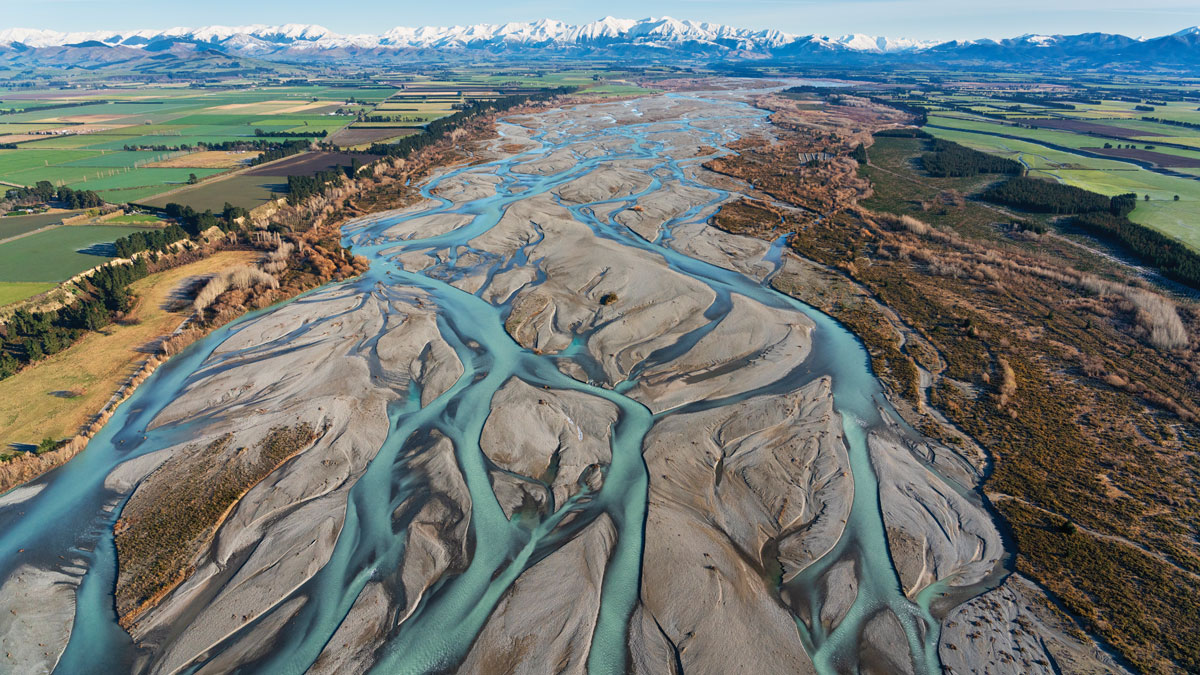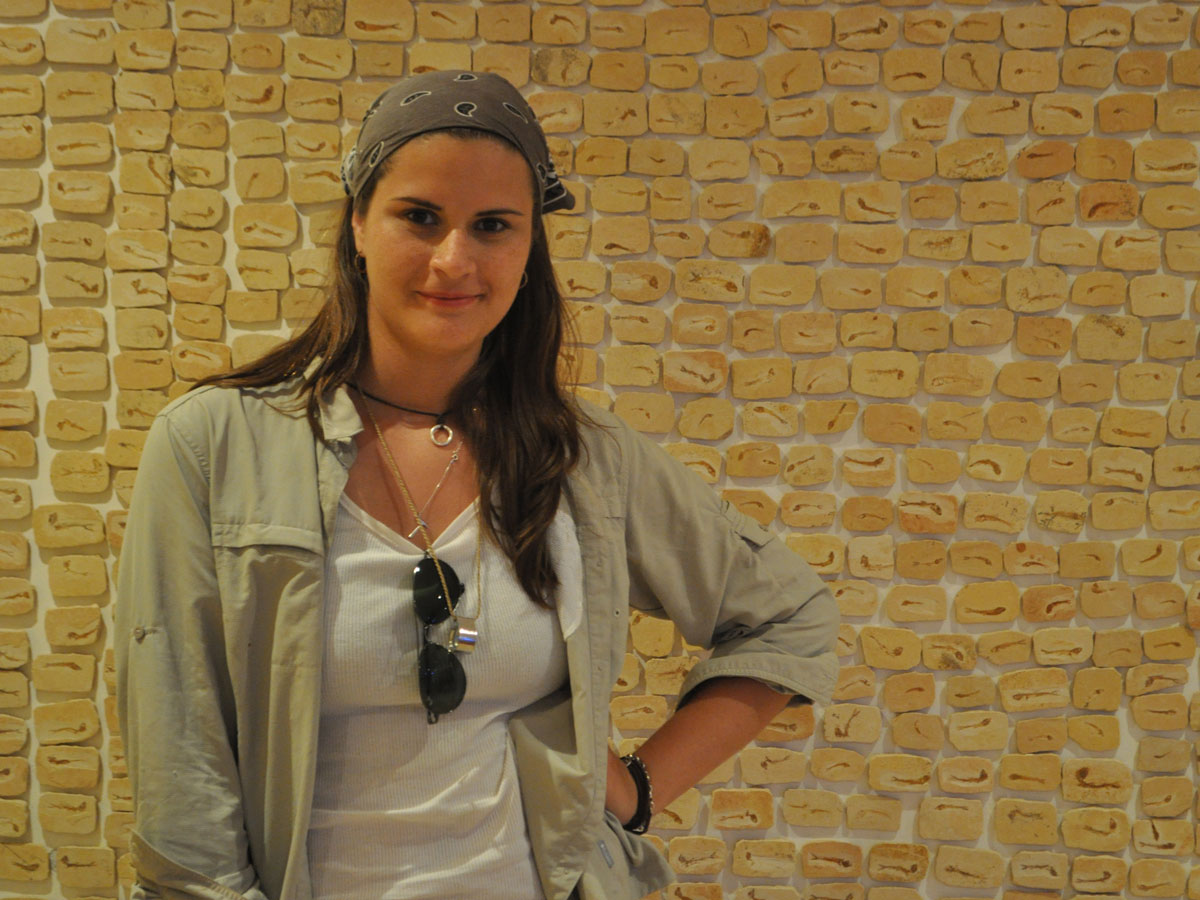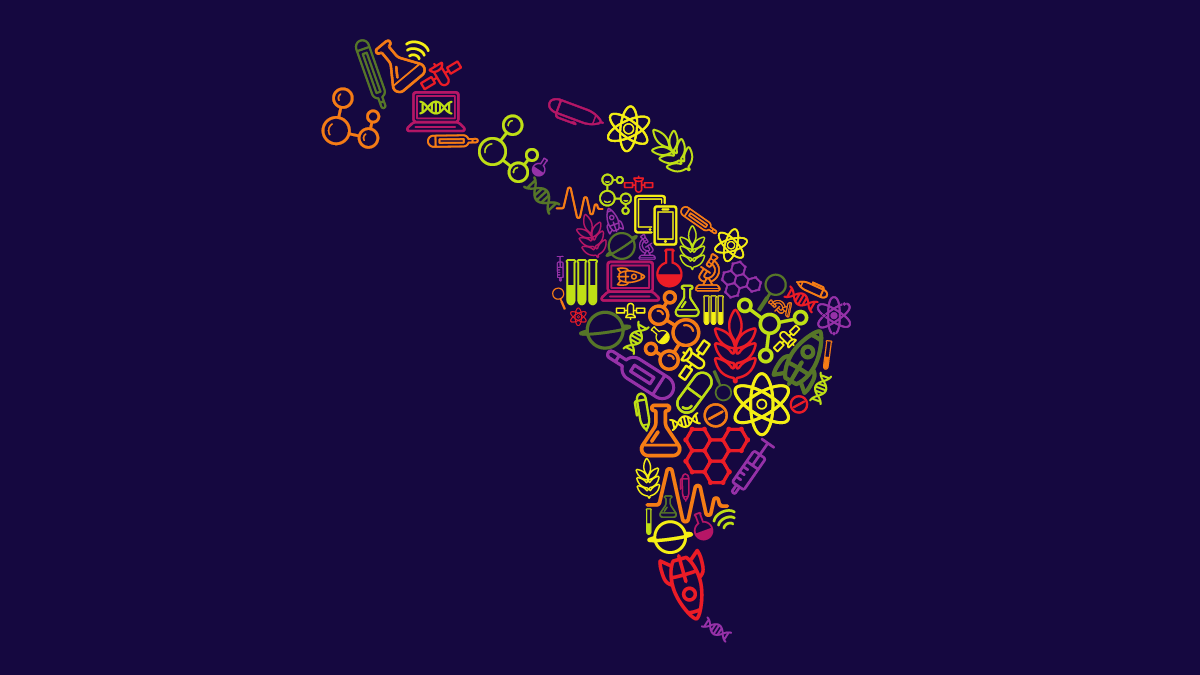There are as many career journeys in the geosciences as there are people wandering through the field. Read about how 14 scientists found their way.
academia
Aline Ghilardi: Fighting Against Colonialism and Sexism in Paleontology
The Brazilian scientist is one of the leading voices in the movement to bring a rare fossil back to Brazil.
How Scientists Can Safeguard Themselves Online
Scientists are always at risk of digital harassment by bad actors looking to undermine scientific credibility and progress, but there are protective steps they can take.
تجاوز حالة العمل من أجل التنوع
إن على الجهود المبذولة لتنويع علوم الأرض أن تتطور من “التبادلية” إلى “التحويلية” بالتركيز على شمول وإنصاف الأفراد بدلا من الفوائد التي يجلبونها للمؤسسات.
The Art of Scientific Curation
Scientific content curation provides users across diverse disciplines and levels of experience with a valuable means of accessing relevant and reliable information amid the growing data landscape.
Envisioning a Near-Surface Geophysics Center for Convergent Science
A recent effort identified how a proposed near-surface geophysics center integrating research and teaching could address critical challenges and promote community engagement and cultural change.
The Vanishing Scholar: Indigenous Erasure in Funding Data
Nonreporting of funding data and exclusion of communities from research harm Indigenous Peoples and contribute to their invisibility in science and society. We can and must do better.
Deluges of Data Are Changing Astronomical Science
Astronomers today are more likely than ever to access data from an archive rather than travel to a telescope—a shift that’s democratizing science.
Aumentando la visibilidad de la ciencia latinoamericana
Científicos y revistas latinoamericanas están fortaleciendo los sistemas de investigación, evaluación, publicación y comunicación para ayudar a redefinir las ideas sobre el éxito profesional, las cuales han sido determinadas principalmente por el Norte Global.
Aumentando a Visibilidade da Ciência Latino-Americana
Cientistas e periódicos latino-americanos estão fortalecendo seus sistemas de pesquisa, avaliação, publicação e comunicação para redefinir ideias de sucesso profissional ditadas pelo Norte Global.










